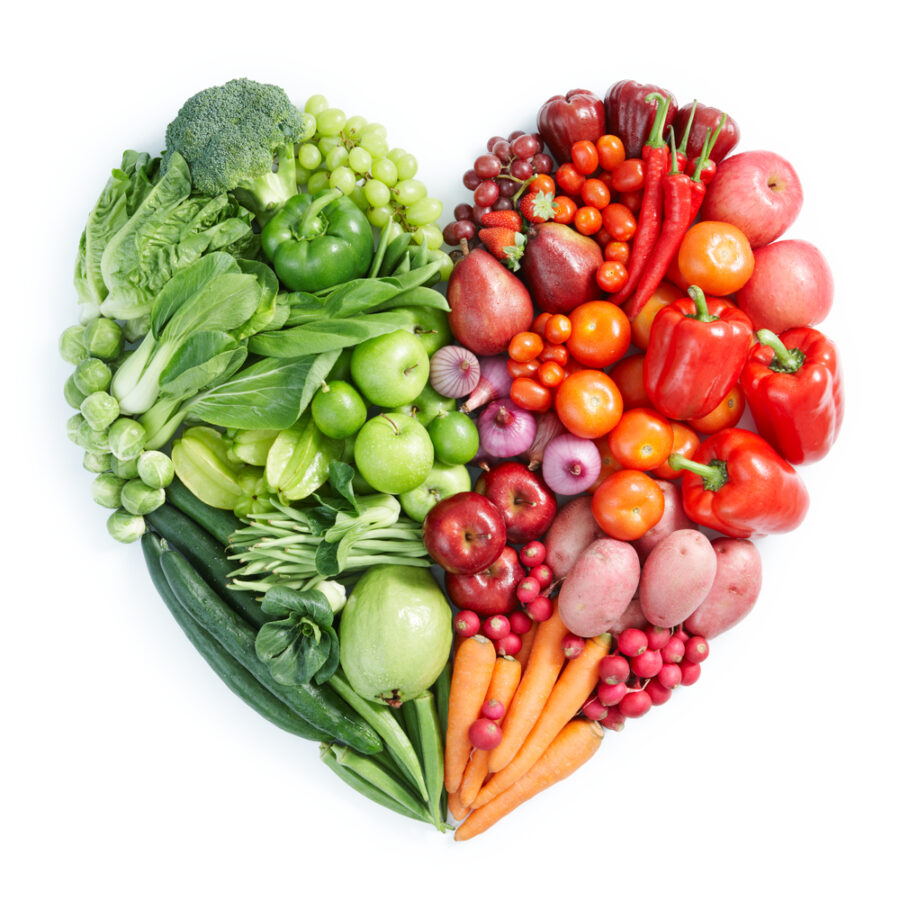Mmmmm…food.
We probably ate a little too much of it this week. Feasting has a way of urging us to throw gustatory caution to the wind, doesn’t it? Whatever we ate this week, we all have this in common: we need to eat food in order to survive. The type and quantity of food we eat, however, will greatly affect the nature and duration of this survival.
In my last post I promised that this one would focus on what Bible has to say about diet and nutrition. My hope is that we can come away with some points that will help us eat to the glory of God and encourage others to do the same.
So, here we go.
If you were to do a simple key word search for “food” in, say, the NIV, you would discover a list of 373 verses. If you search for “eat,” you add another 623. Without taking into account the numerous mentions of specific foods, we can see that, not surprisingly, there are many, many verses that have to do with eating food, or not eating food, in the Bible—far too many for us to consider individually in a succinct manner. There are, however, a few different food-related themes that emerge.
Food as Sustenance
The first mention of food in the Bible is in reference to God giving it, presumably, for sustenance: “Then God said, ‘I give you every seed-bearing plant on the face of the whole earth and every tree that has fruit with seed in it. They will be yours for food’” (Gen. 1:29, NIV). God then said that to “everything that has the breath of life in it…I give every green plant for food” (Gen. 1:30). It was his original design that the people he created would eat a plant-based diet.
After the Flood, Noah and his family were permitted to eat anything, including animals (“Just as I gave you the green plants, I now give you everything” [Gen. 9:3]). This, however, came with a prohibition. God said, “But you must not eat meat that has its lifeblood still in it” (Gen. 9:4). This restriction survives into the church age, as we see in the apostles’ and elders’ instructions formed at the Jerusalem Council and recorded in Acts 15:23-29.
Food as Symbol and Sacrifice
Throughout the Scriptures we can see that food is not just important for sustaining physical life, but also used to communicate spiritual truths through sacred rituals. For example, as the Israelites were rescued from their slavery in Egypt, they were to make unleavened bread as a symbol of their hasty departure (Ex. 12:39). This bread would serve as an enduring symbol of the great rescue operation executed by the LORD in Egypt and then later in Christ’s sacrifice on the cross (Lev. 23:4-8; Matt. 26:26). The prohibition against eating blood also has symbolic and sacrificial significance: “the life of a creature is in the blood, and I have given it to you to make atonement for yourselves on the altar; it is the blood that makes atonement for one’s life. Therefore I say to the Israelites, ‘None of you may eat blood, nor may any foreigner residing among you eat blood’” (Lev. 17:11).
Food as Separator
As we continue on in narrative of Scripture, we notice that laws regulating food intake were intended to separate Israel from her pagan neighbors. She was to fastidiously keep dietary requirements in reverent obedience to the LORD (Deut. 14:3-21). Dietary laws served as a part of a greater holiness code, by which Israel was made distinct and able to function as a “kingdom of priests and a holy nation” (Ex. 19:5-6).
Food as Stumbling Block
This separateness, however, became a point of contention in the church, as the gospel spread to both Jew and Gentile. The dietary requirements that continued to guide the behavior of Jewish believers became a stumbling block to Gentiles seeking to follow Jesus. Similarly, the church’s inclusion of Gentiles, with their lack of dietary restrictions, created confusion for Jewish believers who were still seeking to live out devotion to God in this way. That’s why we see so much of the New Testament references to food centering on the idea of not creating stumbling blocks for brothers and sisters in the Lord (1 Cor. 8, 10; 1 Tim. 4).
At issue was the question of what makes a person clean. Jesus said, “‘Don’t you see that nothing that enters a person from the outside can defile them? For it doesn’t go into their heart but into their stomach, and then out of the body.’ (In saying this, Jesus declared all foods clean.)” (Mk. 7:18-19). Therefore, Paul could call eating various foods a “disputable matter” (Rom. 14:1). After discussing the situation wherein one brother in the Lord eats anything in good conscience and another eats only vegetables, he goes on to say,
Therefore let us stop passing judgment on one another. Instead, make up your mind not to put any stumbling block or obstacle in the way of a brother or sister. I am convinced, being fully persuaded in the Lord Jesus, that nothing is unclean in itself. But if anyone regards something as unclean, then for that person it is unclean… Let us therefore make every effort to do what leads to peace and to mutual edification. Do not destroy the work of God for the sake of food. (Rom. 14:13-20a)
Jesus, later reinforced by the apostles, made it clear that eating would not separate people from God or from his church. In cases when eating threatened to cause disunity in the body of Christ it was always to be brought under the banner of mutual submission for the sake of harmony.
Where does all of this leave us?
Here are a few suggestions for how we might approach the act of eating, given what the Bible says about food:
– With gratefulness, thanking God for his gracious provision that sustains life
– With humility, willing to set aside any eating habits that might cause a brother or sister in Christ to stumble and to own up to ways our relationship with food has become idolatrous
– With honesty, aware of the wisdom of God’s original design for humankind (since a whole-food, plant-based diet has been proven to be healthier for the human body than the typical American diet, which is full of processed foodstuffs)
For me, this brief study in “biblical nutrition” leaves me a bit unsatisfied. I guess that’s because there are not really cut-and-dried answers when it comes to things that are a matter of conscience, as eating under Jesus’ rule seems to be. If I believe that eating an Eden-style plant-based diet is the way that I can best honor God with my body, then I can do so… but mustn’t judge those who do not share that conviction. And it’s hard to develop convictions that are firm enough to drive lifestyle changes without thinking that others should do the same, isn’t it? I guess that’s where I have to fork over my heart to the Lord and ask him to help me eat, drink, and live for his glory, no matter what anyone else does.





Leave a Reply
Your email is safe with us.